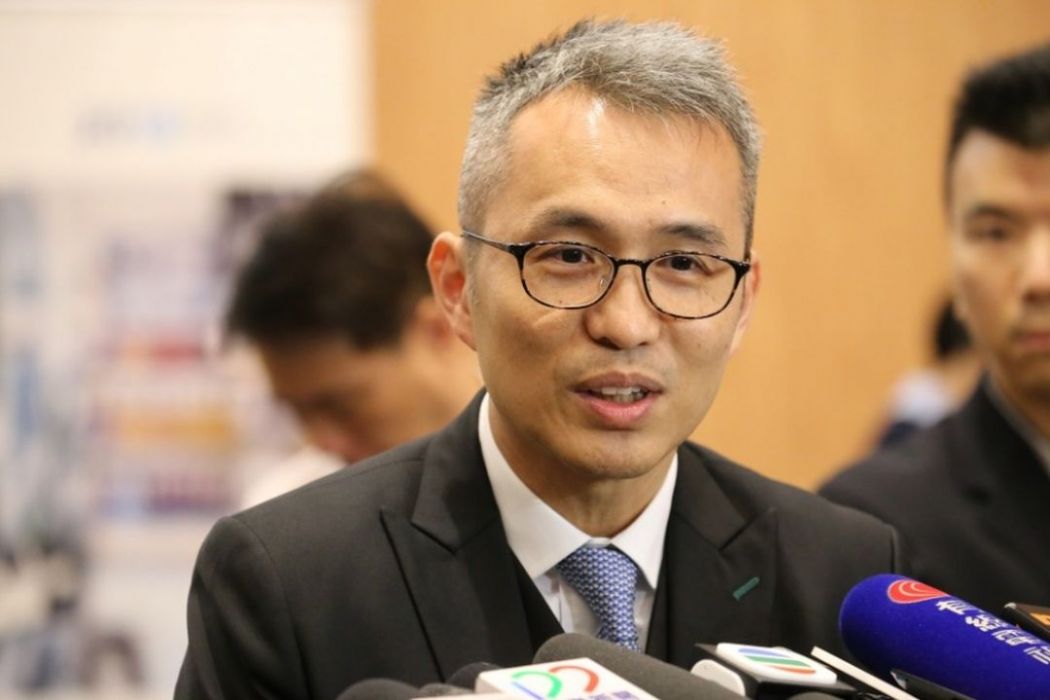Hong Kong’s top court on Tuesday heard arguments that could determine the boundaries of the “dishonest access to a computer” offence, which has long been criticised for being too broad and vague.
In 2016, the court of first instance acquitted four primary school teachers who were accused of using smartphones to take photos of their schools’ entrance exam papers and distributing the photos. They had been charged under section 161 of the Crimes Ordinance – “access to a computer with criminal or dishonest intent.”
The government also lost the case on appeal, but last year received permission to take it to Hong Kong’s highest court. At the time, the judge said the case involved points of law of great and general importance.

The Court of Final Appeal heard the case on Tuesday and postponed its ruling to a later date.
The offence has been invoked to criminalise various activities, including online fraud, computer hacking, upskirting and online publication of obscene or threatening information.
See also: Dishonesty and computers: how a loosely drafted offence is abused by prosecutors
Critics have also said there was a gradual broadening of the terms of the offence: following a 2013 case, mobile phones fell under the definition of “computer” in section 161.
‘Using Google Maps’
On Tuesday, the prosecution – led by the Director of Public Prosecutions David Leung – argued that the offence could be triggered even if the computer was only used as a tool during a crime.
Leung gave the example of a person using a computer or phone to search Google Maps for an escape route after committing a crime. That, too, would constitute dishonest access to a computer, he told the court.
As long as a person had a dishonest intent and that person used a computer, then the offence would come into play, Leung said. This was so that the law could tackle situations where technology assisted criminals to break the law, he added.

Leung further argued that the offence could apply to people accessing their own computers or phones. Asked by Chief Justice Geoffrey Ma about the meaning of the word “access,” Leung said there was no distinction between “accessing” and “using” a computer.
However, Ma said there was “quite a distance” between Leung’s interpretation and the Legislative Council documents from 1992 that set out the law’s purpose.
Court of Final Appeal Permanent Judge Roberto Ribeiro also questioned whether Leung’s interpretation confused “obtaining access” to a computer with “general misuse.”
One of the defence lawyers James Tze also argued that section 161 should not become a “universally applicable” charge, and that it should not apply to people accessing their own computers.
